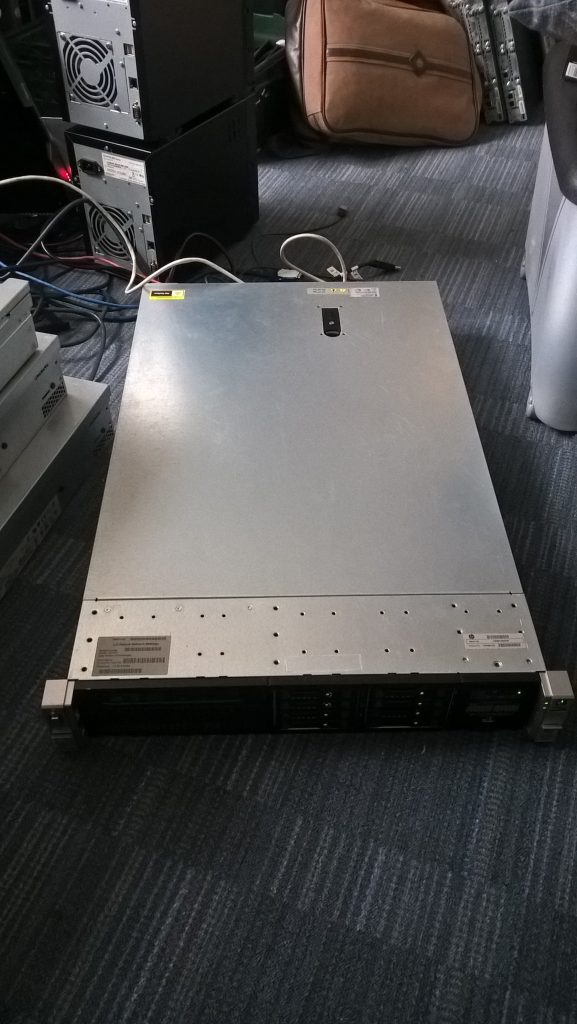The Hidden Costs of Electronic Recycling: A Personal Experience
Recently, I made an interesting discovery about the costs associated with recycling electronics. Like many people, I had a plethora of old gadgets that had accumulated in my garage over the years, including an 11-year-old Samsung television that had been collecting dust since it developed an intermittent switch issue five years ago. I had always intended to repair it, but as time passed, I realized that the technology had become outdated—the TV only supports 720p resolution and 60 Hz refresh rate, and purchasing a new model wouldn’t break the bank.
Feeling uneasy about simply discarding the TV, which still functions sporadically, I was determined to recycle it responsibly. While conducting my spring cleaning, I unearthed a stack of other electronic relics, such as a vintage printer/fax machine from 1998, a Jack LaLanne juicer, and an old Compaq Presario from 2001. Although these items no longer served a purpose for me, I hesitated to throw away functional devices.
After a brief search online, I located a nearby electronic recycling center, loaded my truck with my old electronics, and headed out. However, upon my arrival, I was met with an unexpected shock: recycling these devices was not only inconvenient but costly. The attendant informed me that it would cost $50 to recycle my TV, $10 for the printer, and $20 for my computer. I was taken aback—$50 just to dispose of my TV? I could sell it for that much on Craigslist!
This situation made me ponder the logic behind charging individuals for recycling items that still have useful components. Recycling should be an environmentally friendly initiative that promotes good habits, not a financial burden. Just as charitable acts and volunteer work benefit the community without offering immediate rewards to the doers, the recycling process should also be incentivized for those doing their part to support environmental conservation.
It seems more reasonable to consider a system where recyclers are compensated for their items, similar to how a pawn shop operates. For example, offering $1-$5 for each recycled item could encourage more people to participate in responsible disposal. After all, driving a hybrid vehicle often comes with tax incentives, so why shouldn’t recycling grant similar advantages?
At the end of the day, I found myself weighing the convenience of tossing these items in the trash for free against the effort and expense of recycling them. So, for the time being, I decided to take
Share this content:




Thank you for sharing your detailed experience with electronic recycling costs. It’s a common concern that recycling can sometimes seem expensive or inconvenient, especially when dealing with still-functional devices. Here are some suggestions that might help you manage electronic disposal more cost-effectively:
By exploring these options, you can potentially reduce the costs associated with recycling and contribute positively to environmental conservation. Thank you again for raising awareness about the challenges and